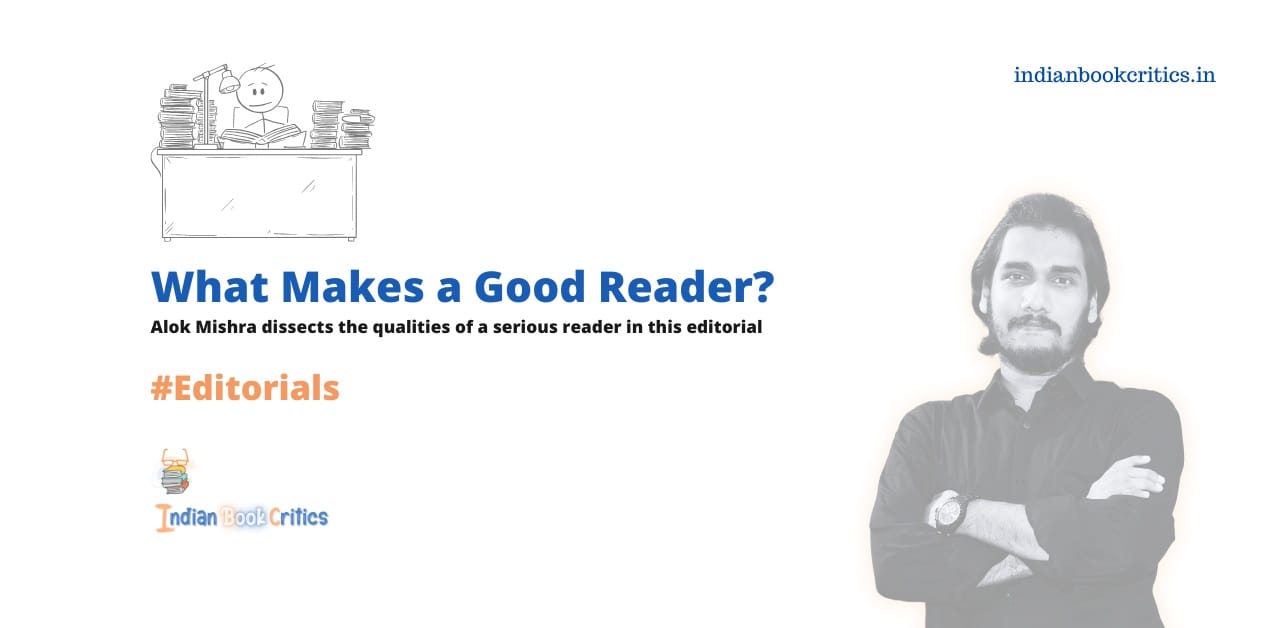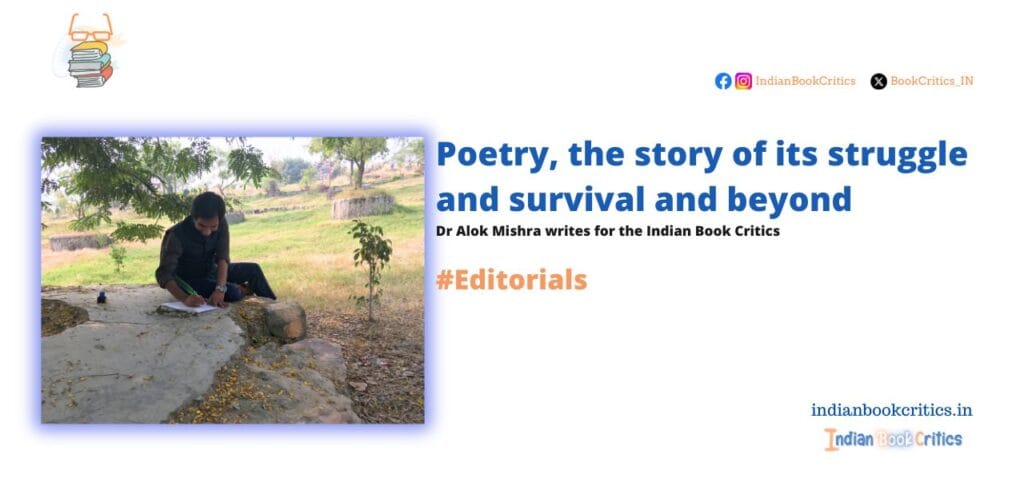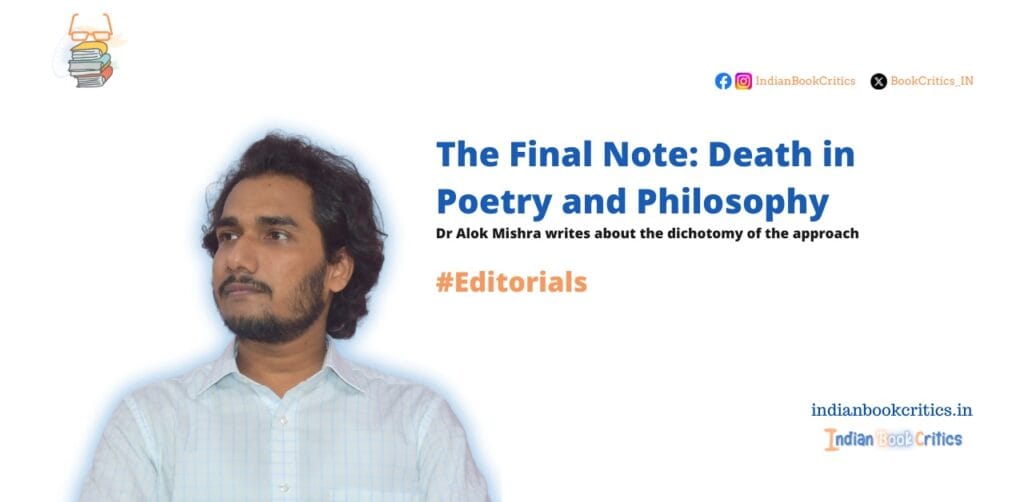While Francis Bacon authoritatively established the qualities of books in his famous essay Of Studies, he could not extend it further (and demonstrate the quality of readers). His typology of books, to be tasted, swallowed, and digested, remains unmatched in its precision about literary consumption. Yet, one is left wondering: what about the consumers themselves? For all his wisdom, Bacon was oddly silent on the habits, manners, and varieties of those who approach books. Indeed, there are books that we must read diligently, profoundly and thoroughly to get the maximum advantage of them. A common consensus may await us all as far as a straightforward interpretation of “books to be chewed and digested” is concerned. However, what if a reader does not want to chew and digest a book, otherwise universally acknowledged to deserve such treatment? What will we call such a reader?
Here, if not Bacon, Coleridge had our back. He deftly classified readers into four groups—Sponges, Sand-glasses, Strain bags and Mogul Diamonds. With these rather curious but poetically apt metaphors, Coleridge succeeded in doing what Bacon did not: drawing a map of the readerly temperament, the minds and motives behind the act of reading. And yes, Shakespeare got it a little shady here. Names do tell a few good stories, albeit not all the time! Nevertheless, Coleridge’s classification holds far more substance than simple name-play. It helps us examine the true nature of reading and our place within the hierarchy of literary engagement.
To begin with, readers with a sponge-like nature may absorb something for some time and naturally return to their original state of emptiness after the absorbed quantity is depleted, leaving some residue. To put it straightforwardly, such readers are not very careful of what they read, why they read or how passionately they do so. They read, remember almost everything for a while, and then, perhaps, forget before moving on to the next. A stoic assessment of such readers may be harsh. Still, for this wordavorous group of literary consumers, it can be said that they take pride in remembering who said what rather than realising the significance of what was said and why.
It is an indictment that strikes at the heart of what it means to engage meaningfully with literature. In a world increasingly obsessed with information over insight, with statistics over synthesis, the sponge reader has become alarmingly prevalent. Their shelves are cluttered with books, their social media accounts flooded with literary quotes. Yet, when pressed to explain the depth, context or consequence of these quotes, they falter. What survives is only a surface-level familiarity with the text, fame by association, without the rigour of interpretation.
Readers in Coleridge’s second category are mostly innocent. They know the burden of knowing, being wise and the sheer gravity of intellect that pulls one down to earth. Therefore, they read to kill time and lighten their existence on the planet. Becoming a Buddha is of no use in today’s world. Stroking the keys on the mechanical keyboard has little regard for your level of realisation. Enlightenment won’t pay your bills! After coming back home, tired and tested, one may need some humorous piece of literature or ‘motivational’ non-fiction work to prepare for the next day. A sand-glass reader, after all, is not that sad!
Indeed, the sand-glass reader is perhaps the most relatable. They seek in literature a kind of comfort, an escape, a brief oasis in the harsh terrain of contemporary life. Their reading is cyclical, predictable, and ephemeral. Words enter and leave the mind with the rhythm of a ticking clock, bringing neither burden nor transformation. There is, of course, no harm in this. But neither is there greatness. A reader who only seeks pleasure, even if benign, may never uncover the subterranean power of books to destabilise, provoke, or awaken.
Then there are the strain bags. Strain bags may retain something of what they read. Content: they are happy being partially lit and looking for more light. However, they may not share their intellectual wealth with others as they lack the competence. These readers hover on the threshold of meaningful reading. They glean insights and feel the stirrings of deeper thought. However, their engagement remains private, inward, and often unarticulated. While they are far above the sponge or sand-glass readers in terms of their potential, they remain short of the highest rung due to a lack of expression or the fear of articulation.
And then we reach the pinnacle. Mogul Diamonds are rare, precious and bright. They spread their brightness all around. They read, understand, interpret, realise and also share with others if something is worth sharing with the world. Reading, for such a gem of the readers, is not merely a time-killing exercise or remembering a bathroom book of quotes. It becomes a noble duty for them to unburden the world of its ignorance and help others enjoy the blissful shadow of wisdom.
These readers are the true custodians of literary heritage. They preserve, reinterpret, recontextualise, and disseminate knowledge with a purpose. They engage with texts not only to edify themselves but to serve others. Their reading is public-spirited and deeply ethical. They believe in the redemptive power of literature and its potential to guide collective human consciousness. Serious reading of literature is a global contribution to universal intelligence! Their insights often become the intellectual scaffolding on which future readers build their understanding of both classics and contemporary literature.
Yet, we must remind ourselves that true reading is not mere memorisation. Reading the literature of true value only to be able to quote a few umpteen times quoted lines may be self-serving for some, but it will invite scorn in the gathering of the wise because memorising without realising may not help find the best opportunity to place the quote between sensible arguments deftly. Quoting without context is literary mimicry, not literary merit. This is where many well-meaning but misdirected readers go astray. In their desire to appear well-read, they miss the substance of what they’ve read.
Serious reading may not yield significant financial rewards. However, the world does realise the value of critics and their criticism for thousands of years. It is through rigorous engagement with texts—analysis, synthesis, contextualisation—that societies grow intellectually. Critics are not merely opinion-mongers. At their best, they are torchbearers of cultural memory. They re-examine truths, expose blind spots, and challenge lazy assumptions.
Meaningful literary criticism is like penance to please Bhagwan Shiva and ask for wisdom for the world instead of material things for oneself when God appears! Such is the spiritual gravity of deep, reflective engagement with literature. It is not an egotistical act but a devotional one. Criticism, in this regard, becomes a sacred service, not an enterprise in pursuit of vanity, but an offering to the betterment of collective intellect.
The true critic and the true reader are inextricably bound. They both recognise that literature is not just about plot or character or rhythm or rhyme. It is about meaning. It is about impact. It is about transformation. This is why a blogger who has written logically valid interpretations of five Shakespearean sonnets is far better than a bibliophile who has read a thousand Victorian poems for self-pleasure! It is not the quantity of reading but the quality of engagement that defines literary worth.
In our time, when information is more accessible than ever, the risk of shallow reading is a real and pervasive concern. Readers skim, scroll, and sample. They read summaries and synopses. They annotate texts with emojis rather than insight. In such a climate, Coleridge’s categories become more than literary whimsy, the essential diagnostics for our intellectual health. Are we absorbing without understanding? Are we consuming literature as a distraction or as illumination? Are we committed to contributing our insights back into the world?
The modern reader must ask: what do I want from literature? Do I merely seek comfort, entertainment, prestige, or am I in search of something nobler—wisdom, empathy, truth? The way we read ultimately shapes who we are. And who we are determines what kind of world we wish to build.
Not to discourage or disrespect casual or time-killing readers. Even they respond to the calls of universal shared consciousness, even by merely bringing in the names of the books they may have read while discussing any issue. Every reader, for that matter, is a medium that enriches the global understanding of life and the world around us! It is crucial, therefore, to acknowledge that literature does not impose a precondition of intellectual stature for one to partake in its offerings. The very act of reading, even if motivated by leisure or accident, contributes to the continuum of collective awareness. A light-hearted reader who casually references Orwell in a conversation about surveillance or mentions Austen while musing on social graces still nourishes the soil of cultural dialogue. These moments, though fleeting, form the connective tissue between texts and society. The democratic power of literature lies precisely in its accessibility; it welcomes the deeply philosophical as well as the unassuming wanderer who stumbles upon a truth half-understood but deeply felt. In this way, every reader—whether a Mogul Diamond or a sand-glass—plays a role in the expansion of shared consciousness. Books, once read, do not remain confined to the reader’s shelf; they permeate conversations, influence decisions, and colour perceptions. Literature, therefore, gains its immortality not merely through critical acclaim or scholarly interpretation, but through the countless lives it brushes against, however lightly. To read, even inattentively, is still to engage with the human condition, and in that act alone resides an unmistakable dignity.
So, while Bacon taught us to taste, swallow, and digest, Coleridge teaches us to reflect upon who is doing the tasting. A sponge, a sand-glass, a strain bag, or a Mogul Diamond? This is a question not of taxonomy, but of temperament. And our answer reveals not only our reading habits, but our place in the larger drama of human intellect and moral imagination.
In a world spinning faster than comprehension, readers must anchor themselves. They must reclaim seriousness, not the seriousness of pretension, but of purpose. Not the solemnity of jargon, but the stillness of genuine reflection. Only then can we live up to the true promise of literature—not as a pastime, but as a path.
Alok Mishra




